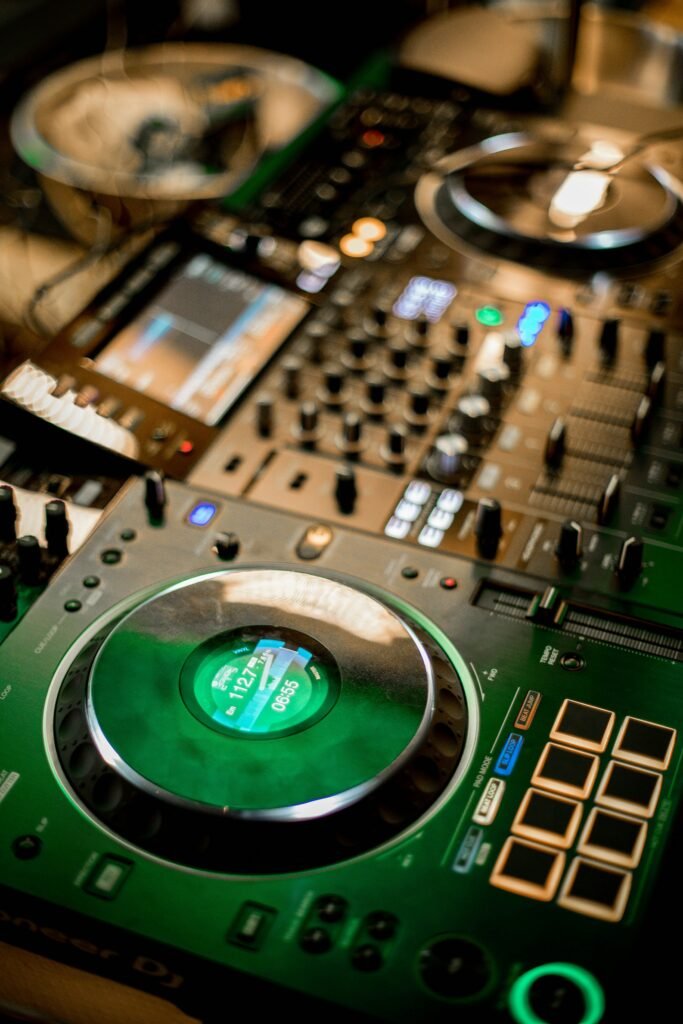In today’s music production landscape, technology plays a pivotal role in shaping how artists create and produce music. One such essential tool gaining prominence is the Music Pulse Board. These innovative devices are revolutionizing music production workflows by providing intuitive control over various aspects of sound manipulation and composition.
Evolution of Music Pulse Boards
Music Pulse Boards have come a long way since their inception. Initially, they were simple controllers with basic functionalities. Over the years, advancements in technology have led to the development of sophisticated digital interfaces that integrate seamlessly with digital audio workstations (DAWs). This evolution has significantly enhanced the capabilities and versatility of Music Pulse Boards in modern music production.
Types of Music Pulse Boards
Music Pulse Boards come in various forms, ranging from traditional analog models to cutting-edge digital interfaces. Analog boards offer a tactile feel and are favored by some musicians for their classic aesthetics and responsive controls. On the other hand, digital pulse boards provide extensive features such as programmable pads, touch-sensitive controls, and customizable interfaces, catering to diverse musical needs and preferences.
Benefits of Using Music Pulse Boards
The adoption of Music Pulse Boards brings several benefits to musicians and producers alike. These boards streamline the music production process by offering precise control over sound parameters, enhancing creativity, and improving overall workflow efficiency. Whether triggering samples, adjusting effects, or manipulating virtual instruments, Music Pulse Boards empower artists to express their musical ideas with greater precision and fluidity.
Features to Consider When Choosing a Music Pulse Board
When selecting a Music Pulse Board, it’s essential to consider specific features and specifications that align with your production requirements. Key considerations include the number of pads, rotary encoders for parameter adjustment, MIDI compatibility, and integration with popular DAWs like Ableton Live or Logic Pro. Choosing a board that complements your existing setup ensures seamless integration and optimal performance.
How to Use a Music Pulse Board
Using a Music Pulse Board is straightforward, whether you’re a novice or seasoned professional. Begin by connecting the board to your computer or standalone music equipment. Configure the board settings to your preference, assigning pads and controls to different functions within your DAW or external hardware. Advanced users can explore intricate techniques such as MIDI mapping, velocity sensitivity adjustments, and customizing pad layouts for personalized workflows.
Common Issues and Troubleshooting
Like any electronic device, Music Pulse Boards may encounter occasional issues. Common challenges include connectivity issues, software compatibility issues with specific operating systems, and firmware updates. Troubleshooting tips typically involve checking cables, updating drivers, and ensuring firmware is up-to-date. Regular maintenance, such as cleaning pads and knobs, also contributes to prolonged board longevity and optimal performance.
Music Pulse Boards in Popular Culture
Music Pulse Boards have not only influenced the technical aspects of music production but also shaped popular music genres and trends. From electronic dance music (EDM) to hip-hop and pop, these boards have become integral tools for artists seeking to innovate and push creative boundaries. Their influence on music production techniques and sound aesthetics continues to resonate across various musical genres, contributing to evolving sonic landscapes and production styles.
Conclusion
Music Pulse Boards represent a significant advancement in music technology, empowering musicians and producers with enhanced creative control and workflow efficiency. As the music industry continues to evolve, these innovative tools are poised to play a crucial role in shaping future trends and pushing the boundaries of musical expression.
For those passionate about music production, investing in a Music Pulse Board can elevate your creative capabilities and streamline your production process, whether you’re a hobbyist or a professional artist.

